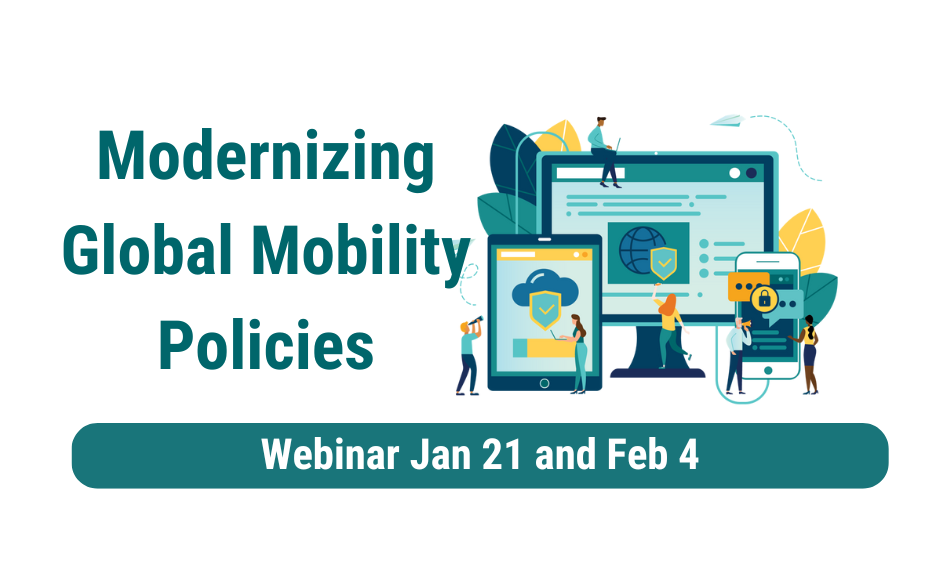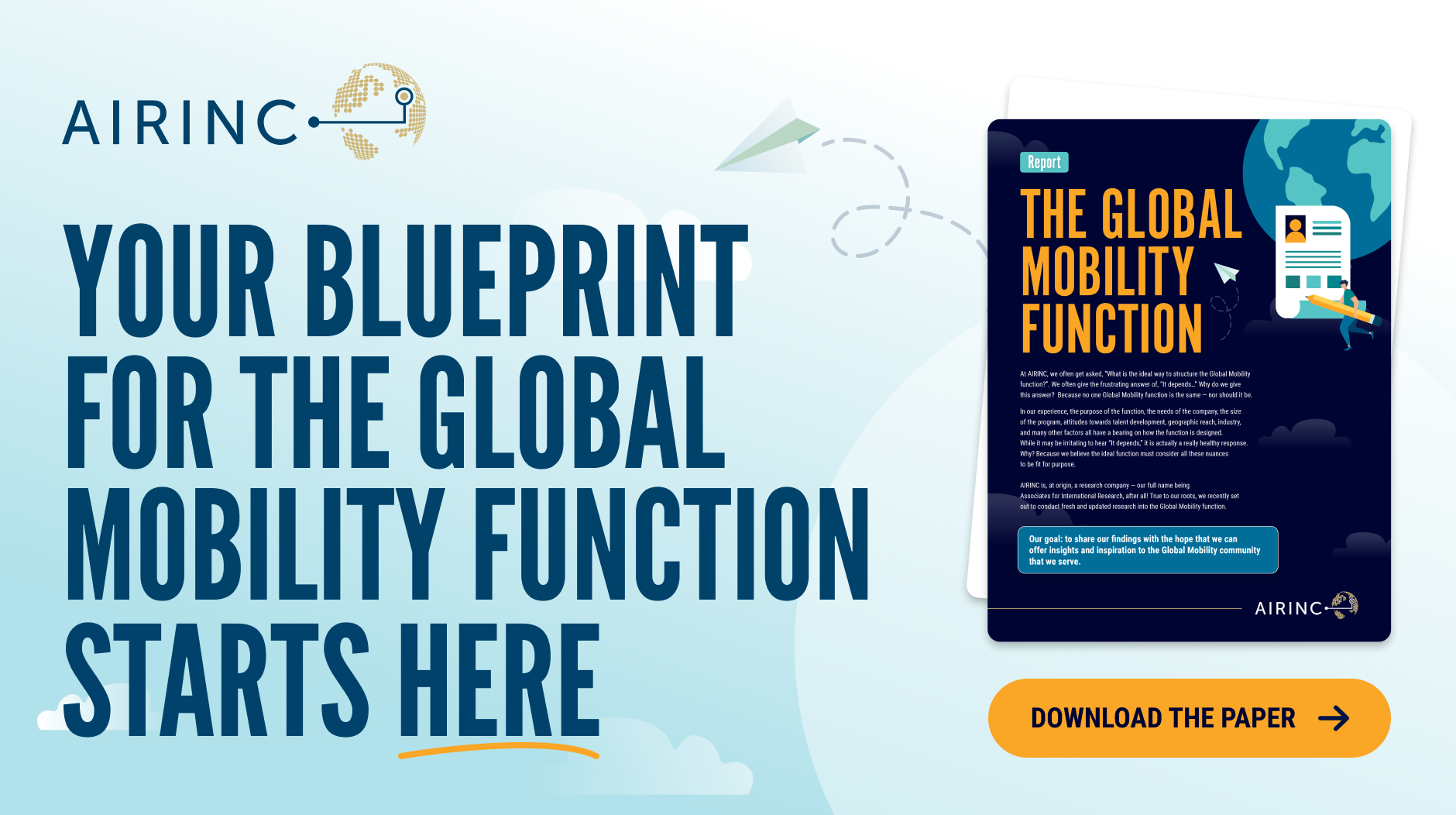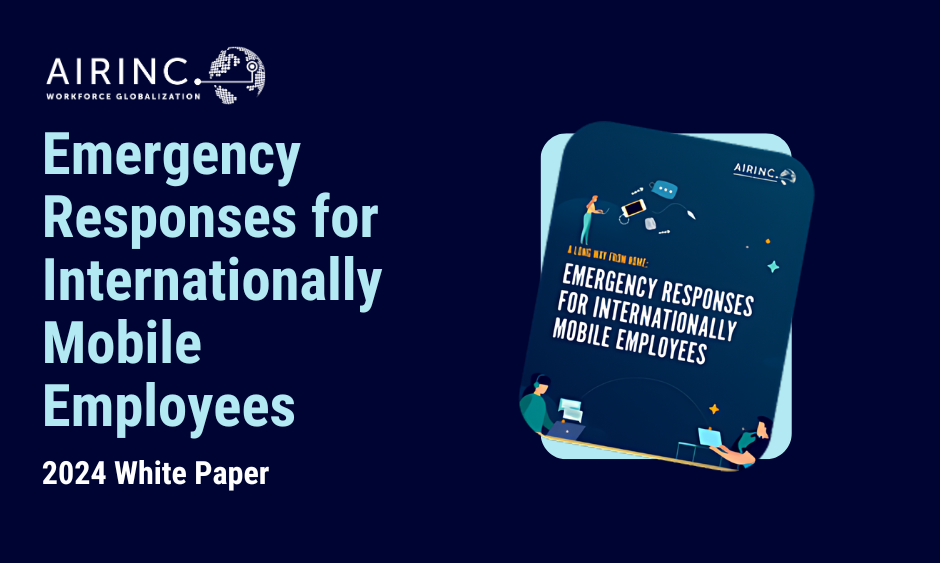My colleague, Mike Wincott, recently outlined his predictions for remobilization. Mike believes remote work will continue growing even after business travel and relocations pick up. Globally, business travel is still a fraction of what it was due to ongoing lockdowns and restrictions across many regions. Although, looking ahead to a time when borders reopen and people can move more freely, companies may experience increased requests from employees to work from someplace else. Coinciding with pent-up demand for assignments and transfers, this could prove to be a very busy season for Mobility. Most companies built an evaluation process or a policy for remote work during the pandemic. And if your organization doesn’t already have a policy, I recommend that as your first step. Assuming your organization has a process, here are 3 things that can help prepare Mobility for the next wave of remote work requests.
- Communicate – Being transparent about the rules of remote work is beneficial for several reasons. Yes, most companies evaluate cases individually. But broadcasting eligibility and key factors helps individuals self-educate and understand the probability of having their request approved. Furthermore, making information readily available to all helps foster equity within an organization. And, communicating well improves compliance and raises awareness of Mobility’s brand and reputation. You can communicate by video, intranet, email, or webcast, but the important thing is to get the message out there.
- Automate – The iterations of remote work requests can seem endless, but there are some basic factors to consider. Is the request short or long term? Is it for an international or domestic arrangement? Does a corporate entity exist locally or not? Certainly, some nuance will always exist, but automating key decision points for employees and/or managers reduces the number of queries that must be evaluated individually. A decision guide can help navigate users to a “first pass” answer and instruct them on how to proceed with a formal request. This saves time for all and makes the process clear and objective.
- Reevaluate – For compliance purposes, many organizations expedited the development of policies governing remote work that crosses a tax jurisdiction. But tax is just one consideration. If your organization’s context has changed in the past year, engaging key stakeholders will ensure the policy is still relevant for your organization. An internal survey may tell you that remote work has been more or less successful than anticipated. You may find that employee or leadership opinions about remote work have changed. Gathering and reflecting on this information will help the organization maintain a remote work program that meets talent and business objectives.
Whether Mobility owns or contributes to an organization’s remote work program, there is always an opportunity to add value and improve the experience for employees and the business. If you’re looking for help in this area, we’d be happy to share our experience, benchmarking, and client case studies with you so you can make a positive impact.
Please contact us if you would like to learn more.








